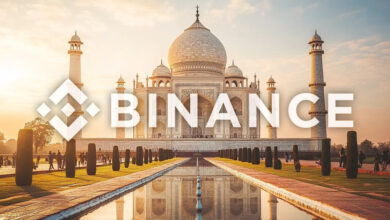Bank of Italy selectively encouraging DLT, preparing for MiCA, governor says

The Bank of Italy is looking for new ways to apply distributed ledger technology (DLT) and is preparing for the advent of Markets in Crypto-Assets (MiCA) regulation, bank Governor Ignazio Visco told a congress of Assiom Forex, the Italian financial markets association, on Feb. 4.
DLT may offer benefits such as cheaper cross-border transactions and increased financial system efficiency, Visco said. The Italian central bank “is focused on the need to identify areas” where DLT can contribute to financial stability and consumer protection.
Visco expressed the desire to see regulations that sort out the crypto-asset market to separate “highly risky instruments and services that divert resources from productive activities and collective well-being” from those that bring tangible benefit to the economy:
“The spread of the latter can be fostered by developing rules and controls similar to those already enforced in the traditional financial system; the former, instead, must be strongly discouraged.”
Visco specifically mentioned “crypto-assets with no intrinsic value” as belonging to the former group.
CB speech: Ignazio Visco (IT): Speech – 29th ASSIOM FOREX Congress – https://t.co/sDpA90yT5l
— Bank for International Settlements (@BIS_org) February 6, 2023
The Bank of Italy is working at the European and global levels to develop the technology and a framework of standards, Visco said. It is also collaborating with Italian securities market regulator CONSOB and the Ministry of Economy and Finance to initiate the “authorization and supervision activities” of MiCA.
Related: EU postpones final vote on MiCA for the second time in two months
Italy recently imposed a 26% capital gains tax on crypto-asset trading of over 2,000 euros ($2,150). However, Italian taxpayers have the choice of paying a 14% tax on their crypto-asset holding as of Jan. 1. This alternative is intended to incentivize taxpayers to declare their digital holdings.
Visco estimated that just 2% of Italian households own crypto assets and said those holdings were “modest amounts on average.”





